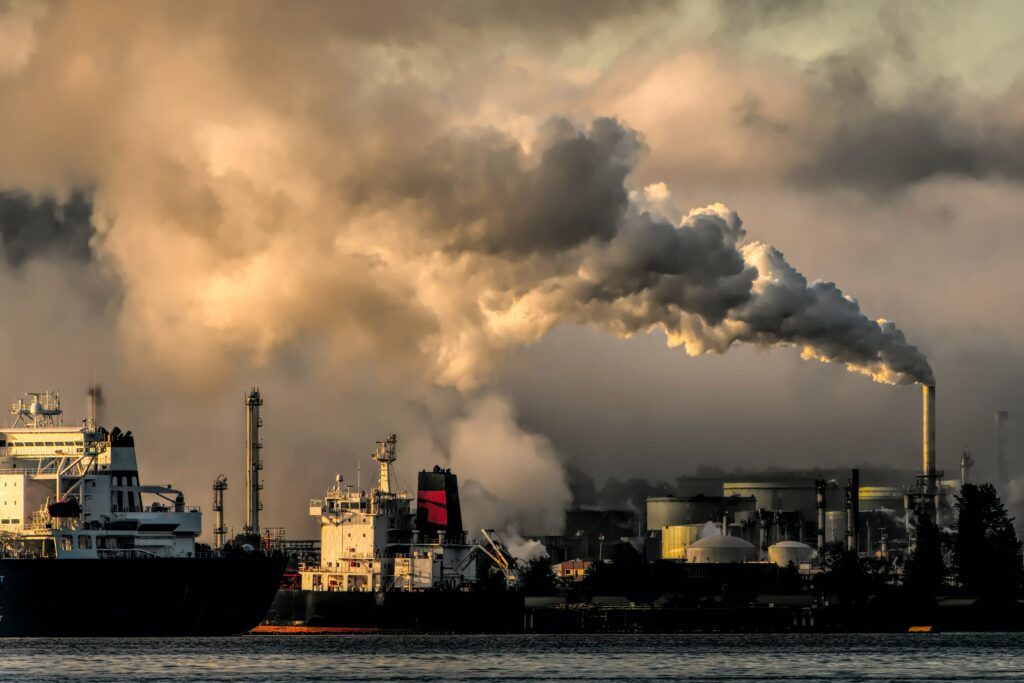Students come in from around the world to help collect data in growing preservation project partnerships with Gitga’at members, World Wildlife Fund, and the Cetacea Lab.
Kamloops, BC – November 8, 2021
Kirstynn De Cicco, Research Assistant, Communication, and New Media Studies, Thompson Rivers University, Kamloops, BC deciccok20@mytru.ca
ABOUT THE PRESERVATION PROJECT
- Growing commitment to the conservation and preservation of marrine life while respecting the traditions of indigenous lands.
- Committed to the knowledge of indigenization in efforts to protect the traditional land
- Working together to develop initiatives within the community to hault detrimental economic proposals neglecting marine life and traditional land
- Gitga’at and community members previously worked together to defeat the proposed Northern Gateway Pipeline project in 2016
- Patrol of Gitga’at members protecting BC Bear Wildlife and interuption of whale echo communication/navigation.
GROWING STUDENT PARTICIPATION
- Four students joined the program in 2019
- Students from USA, Ireland, Denmark and England

AFFECTS OF TANKERS
- According to the Government of Canada, the CER regulates over 73,000 kilometres of pipelines that move approximately 1.3 billion barrels of oil per year. According to the CER, these pipelines spilled an average of about 1,084 barrels per year between 2011 and 2014.
- The Raincoast report Our Threatened Coast: Nature and Benefits in the Salish Sea, found the noise alone from the increase in tanker traffic will substantially increased the likelihood of whale extinction.
- WWF states “Whales are at the top of the food chain and have an important role in the overall health of the marine environment. Whales play a significant role in capturing carbon from the atmosphere; each great whale sequesters an estimated 33 tons of CO2 on average, thus playing their part in the fight against climate change.” (WWF, n.d.)
